In order to further implement the training plan and development goals of the Future Education Institute of Beijing Normal University for "Excellence in Teacher Education", promote the internationalization and modernization of teacher education, enhance our students' understanding and mastery of advanced educational concepts, teaching methods, innovative practices, as well as explore and contemplate frontier issues in the field of education, College of Education for the Future,Beijing Normal University organized the "Digital Learning Week" during the summer term of 2023. This event invited renowned scholars and professors from overseas to offer international courses focused on future intelligent education, aiming to assist students in learning and mastering new theories, technologies, and methods in intelligent education development. The event attracted a total of 169 students from both the Beijing and Zhuhai campuses, including undergraduates, master's students, and doctoral students, with 32 participants joining online and 137 participants attending in person.
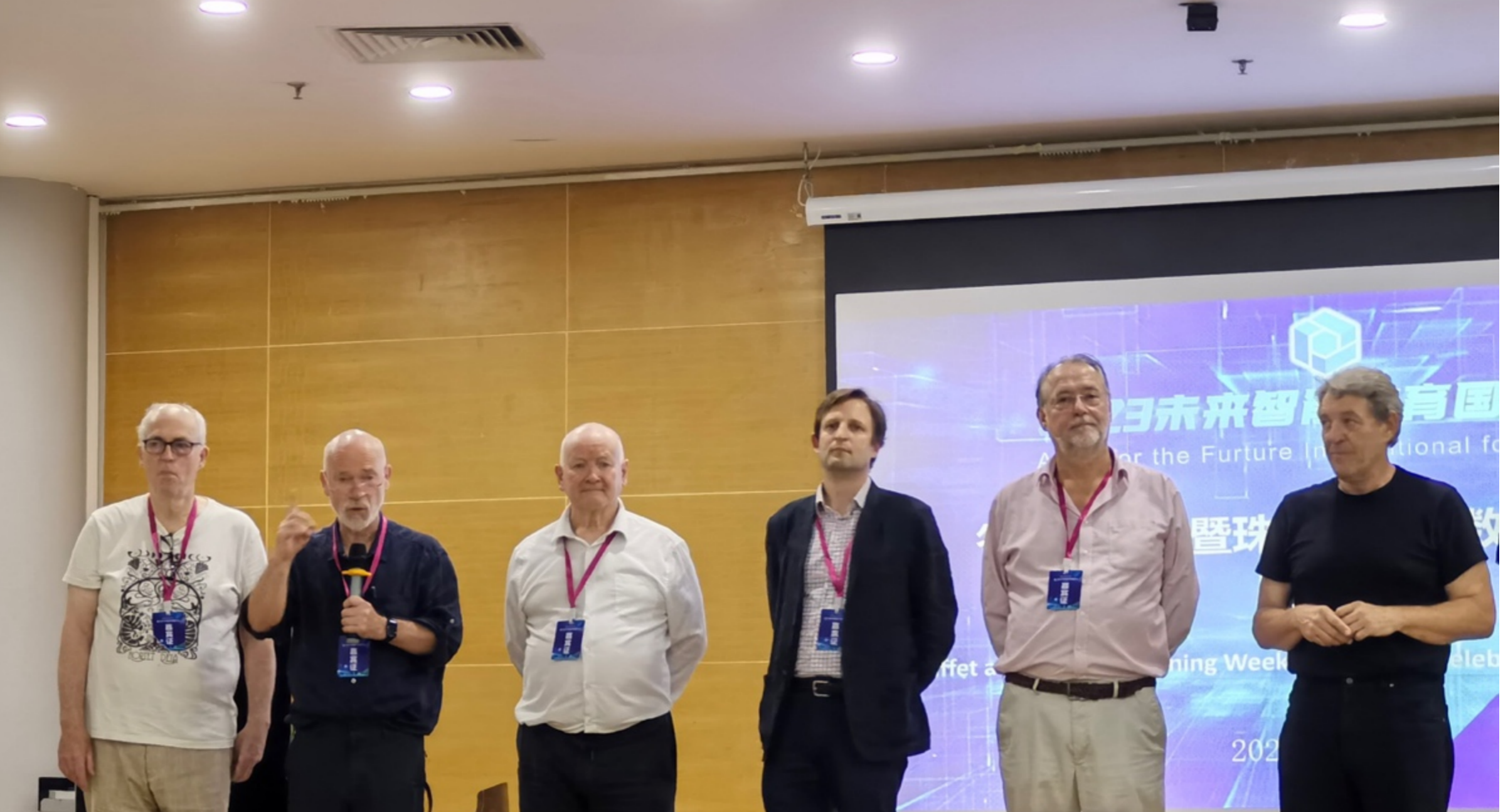
Figure 1:The teaching professor introduces their course at the opening ceremony of the "Digital Learning Week"
In this "Digital Learning Week," students have the opportunity to learn a range of courses on cutting-edge educational theories and innovative applications of intelligent technologies. These courses include "Introduction to Dialogic Education: From theory to practice" by Professor Rupert Wegireff from the University of Cambridge Faculty of Education, "AI in Education - possibilities and practicalities" by Professor Steve Watson, "Critical Issues in Digital Education" by Dr. Jeremy Knox from the University of Edinburgh School of Education, "Practical Learning Analytics For Teachers" offered by the Learning Analytics Center team at Monash University, and "Practical Perspectives on AI: Non-linear Learning and Global Dialogue" taught by Dr. Mark Johnshon from the University of Manchester. Additionally, students also participated in the "Future Intelligent Education International Forum" organized by the College of Education for the Future,Beijing Normal Universitye where they had the opportunity to engage in close discussions with experts, scholars, technologists, and frontline teachers in the field of intelligent education. They explored cutting-edge and hot topics in education, and reflected on and explored new opportunities and challenges faced by education.
After the conclusion of the "Digital Learning Week," a survey was conducted to assess the effectiveness of the courses, in which 110 students participated. The survey evaluated and gathered feedback on the teaching objectives, content, methods, formats, and learning experiences of the courses. Overall, the students expressed satisfaction with the courses they participated in. Additionally, eight guest speakers shared their learning experiences and insights, providing valuable suggestions and opinions that will serve as beneficial references for future collaborations.
The development of artificial intelligence is reshaping the educational ecosystem, leading to significant changes in the roles of teachers and teaching methods. Aspiring teachers need to better understand and master the development of intelligent technologies, as well as the potential applications and challenges in education, in order to enhance their digital literacy and capabilities. They can then become practitioners who drive and lead future educational reforms and innovations. In response to the demands for talent cultivation and skill development, the College of Education for the Future,Beijing Normal Universitye actively promotes innovative teaching methods and reforms in assessment and evaluation during the "Digital Learning Week." The focus is on expanding international cooperation to cultivate new talents and advanced capabilities through new models and methods. Through these beneficial efforts, more teachers and students can grasp cutting-edge concepts, engage in practical exploration, and contribute insightful thoughts and perspectives. The Future Education Institute will continue to explore new models of education, teaching, assessment, and evaluation, with the aim of nurturing outstanding teachers with international perspectives and innovative spirits. This will lead the reform and development of China's future education.
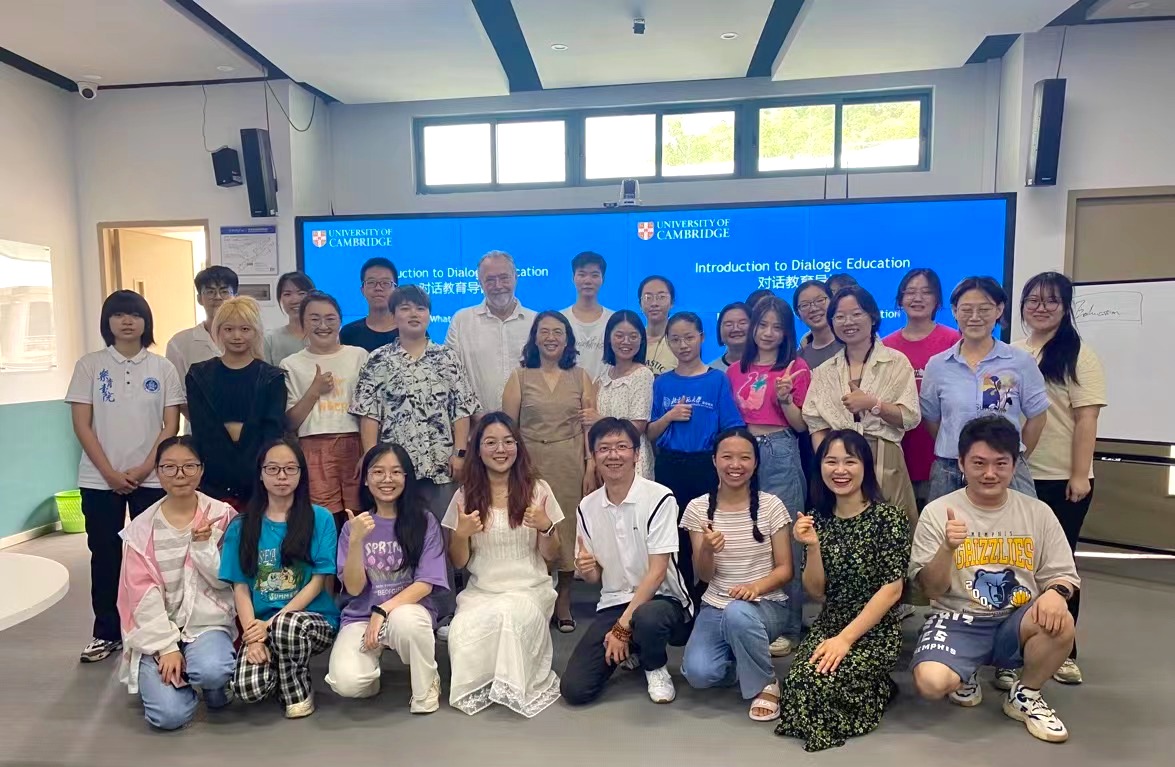
Figure 2-1:Introduction to Dialogic Education:From theory to practice
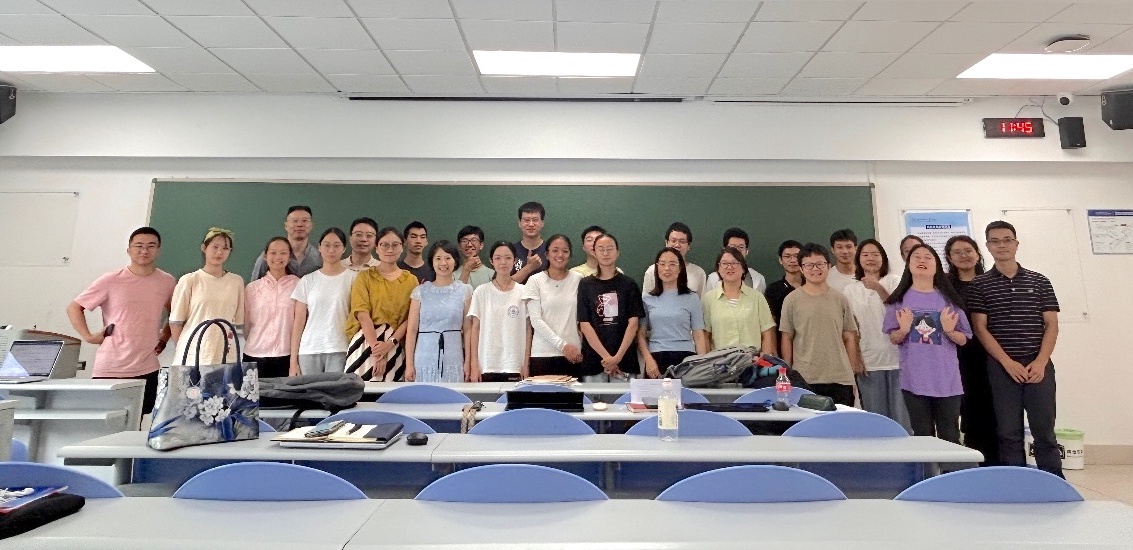
Figure 2-2:Practical Learning Analytics For Teachers
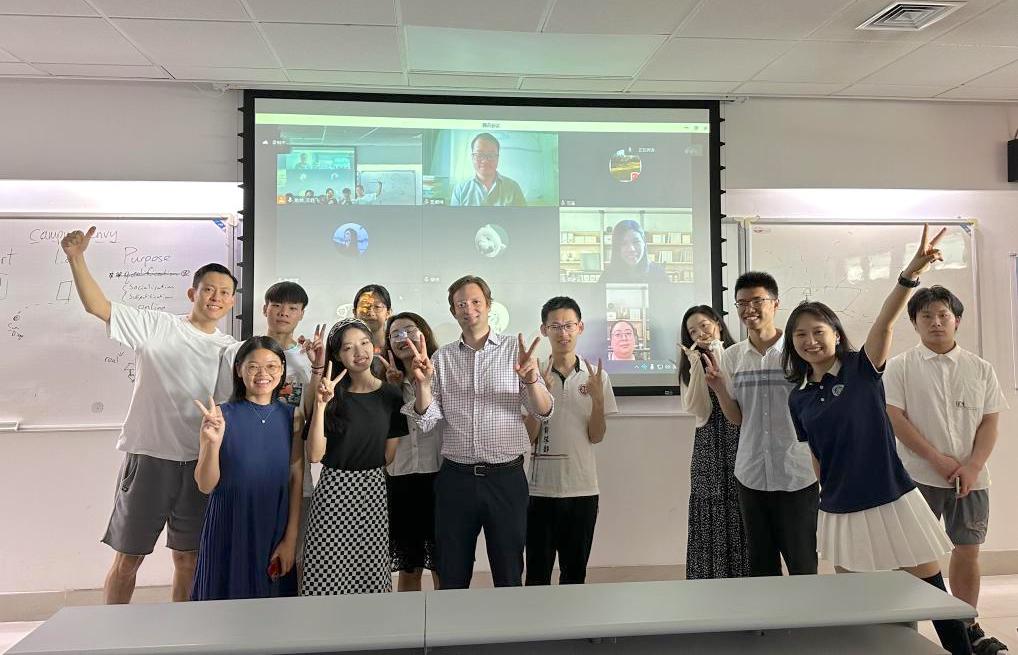
Figure 2-3:Critical Issues in Digital Education
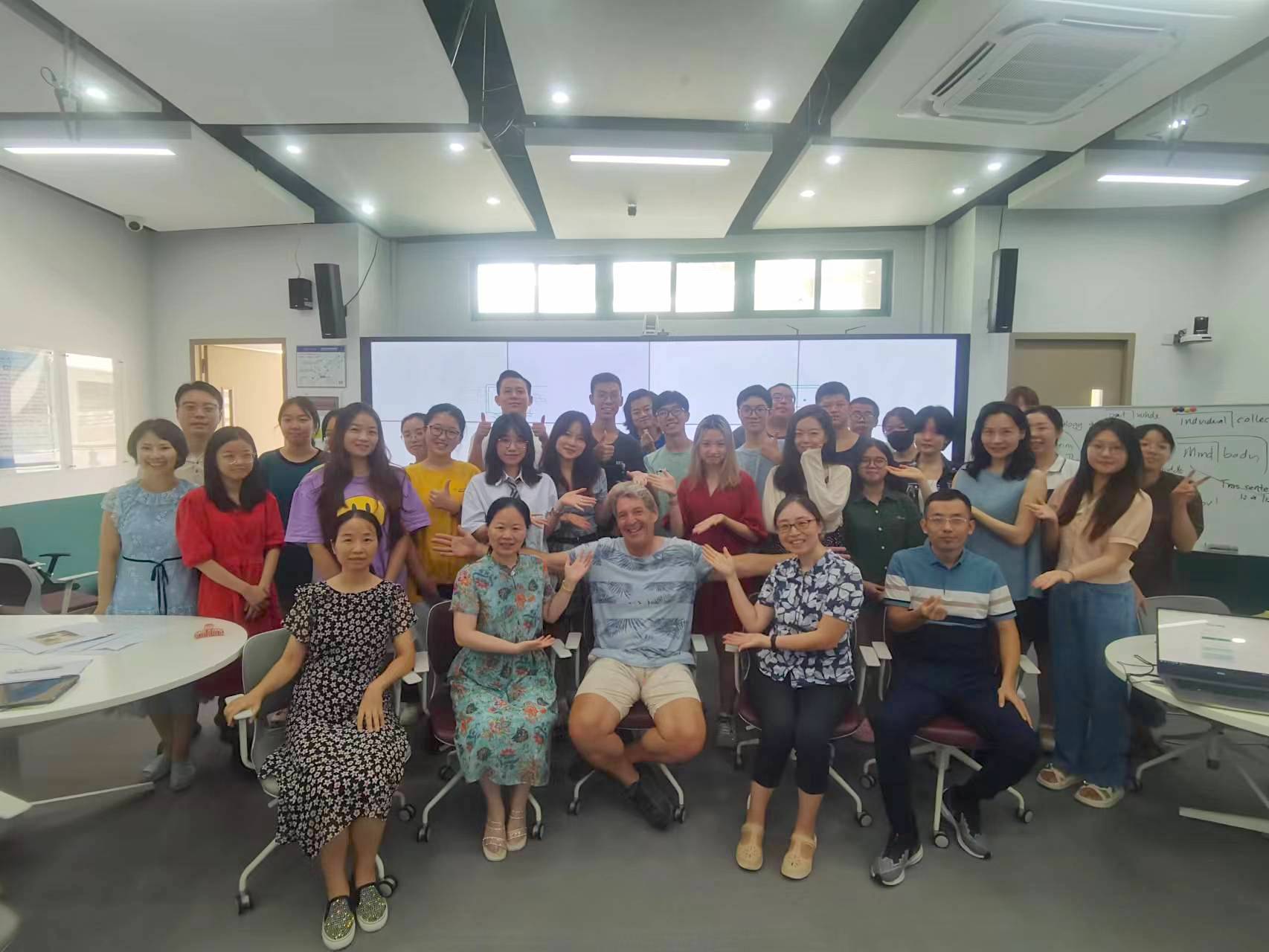
Figure 2-4:AI in Education — possibilities and practicalities
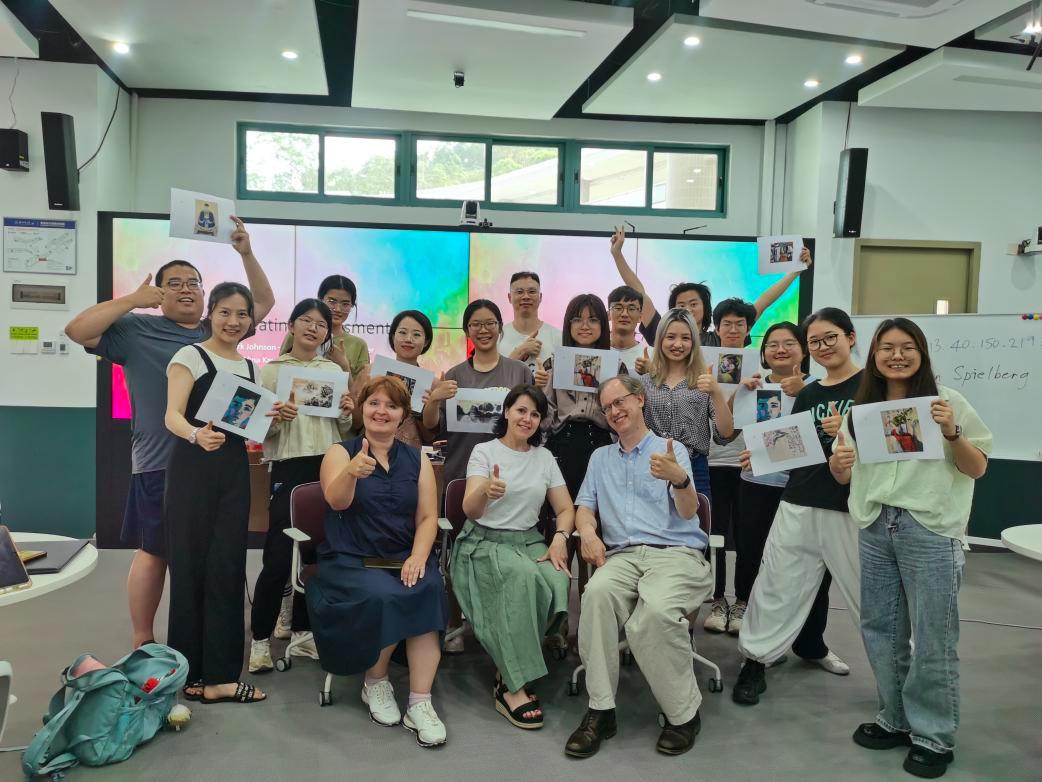
Figure 2-5:Practical Perspectives on AI: Non-linear Learning and Global Dialogue
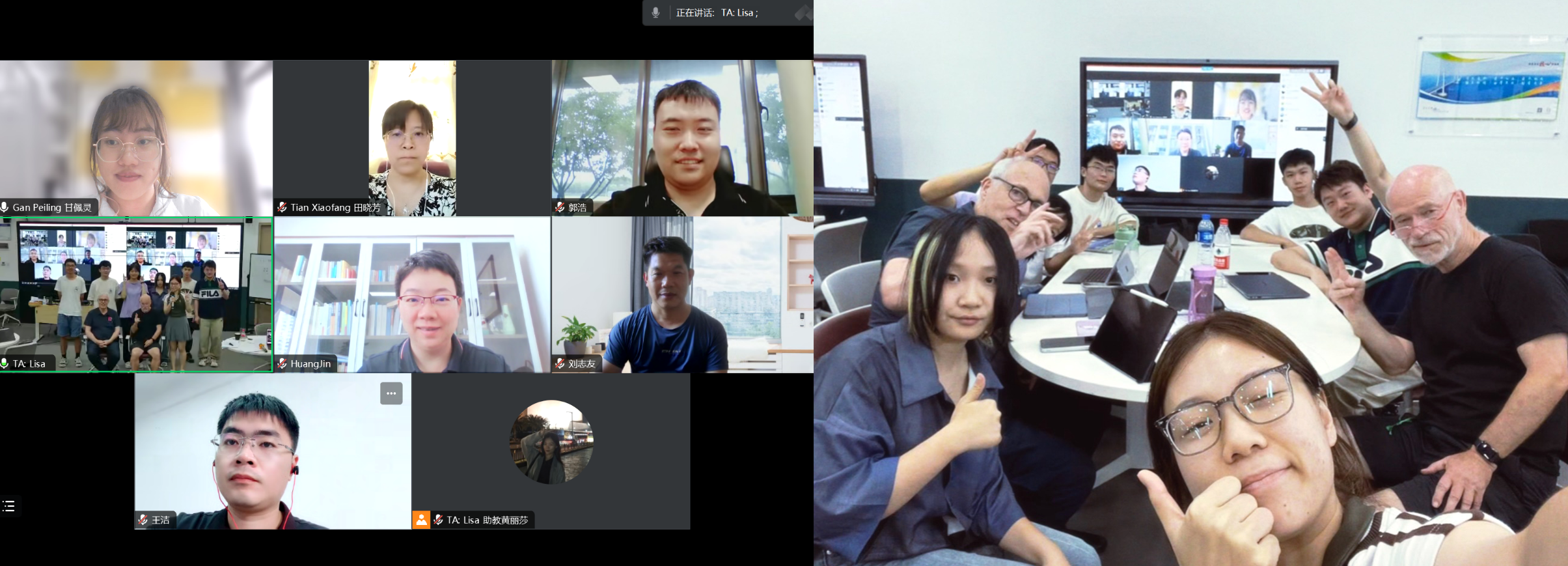
Figure 2-6:AI and Data Literacy
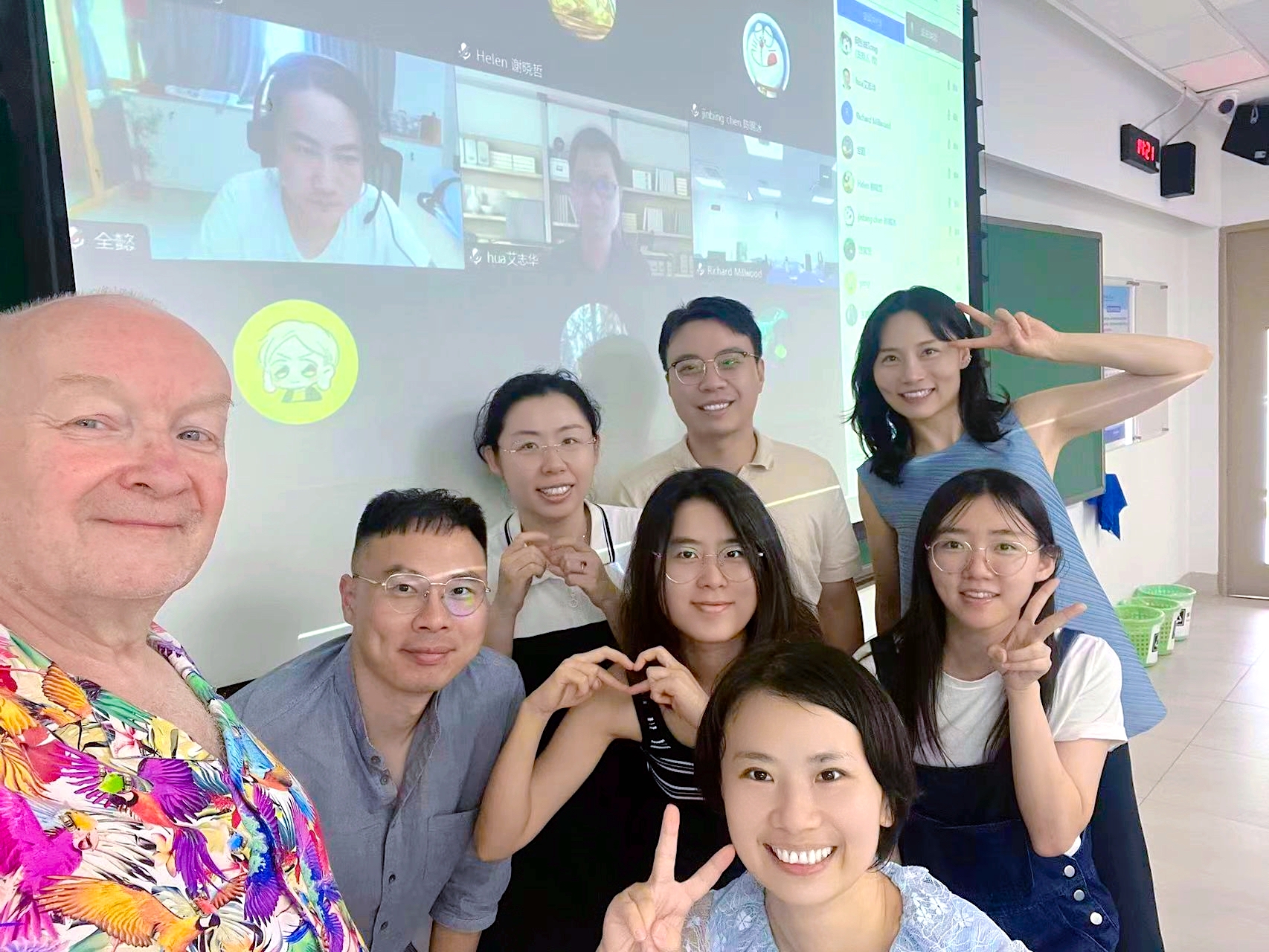
Figure 2-7:Expressive Constructivism — how can technology enhance learning
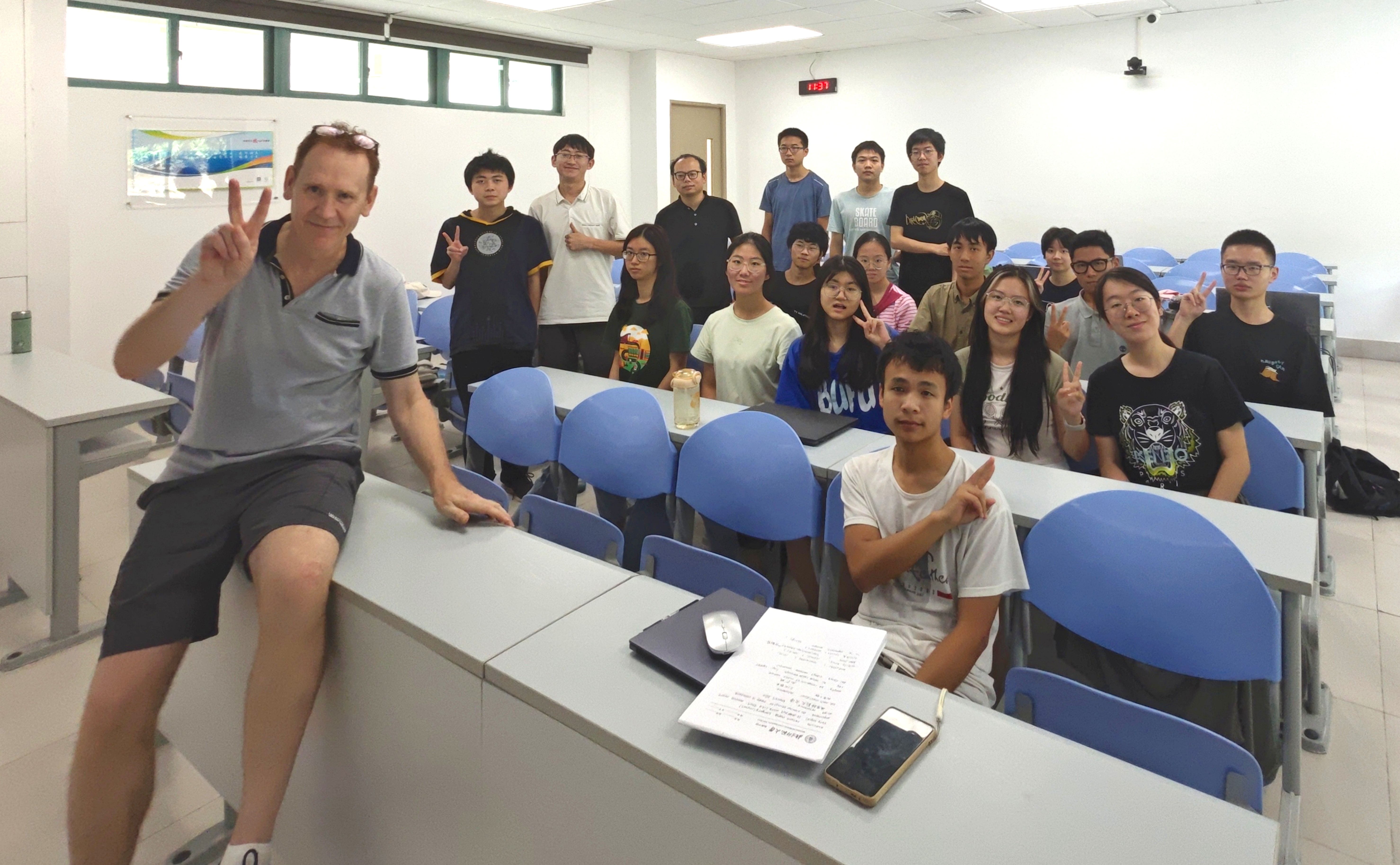
Figure 2-8:Automate the Boring Stuff using Python



 Last Page
Last Page

 Phone:0756-3621121
Phone:0756-3621121
 Email:ccie@bnu.edu.cn
Email:ccie@bnu.edu.cn